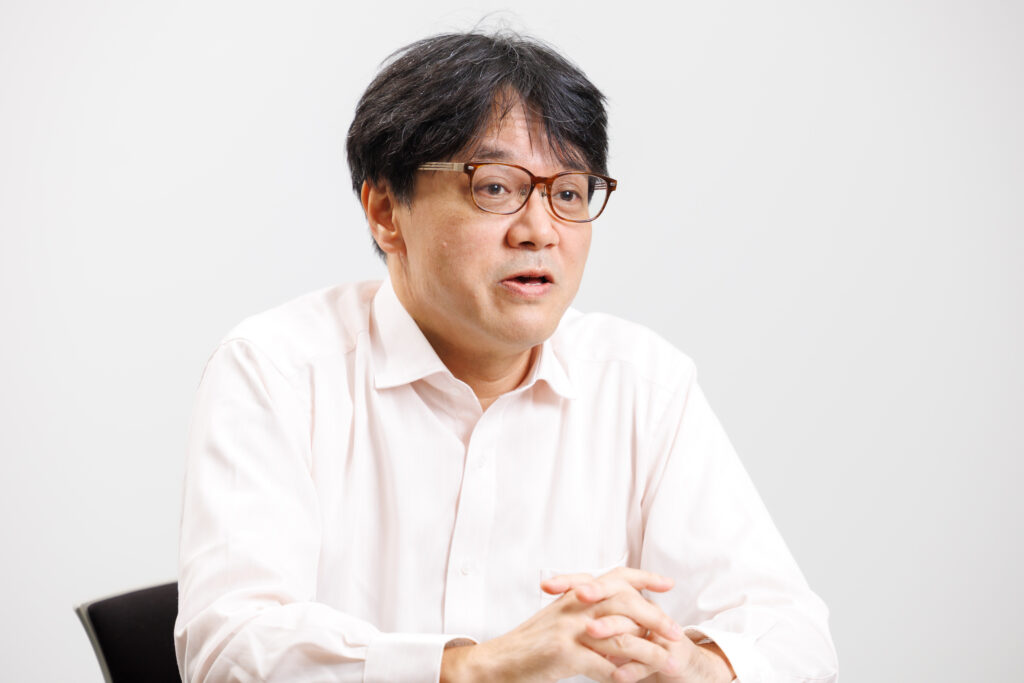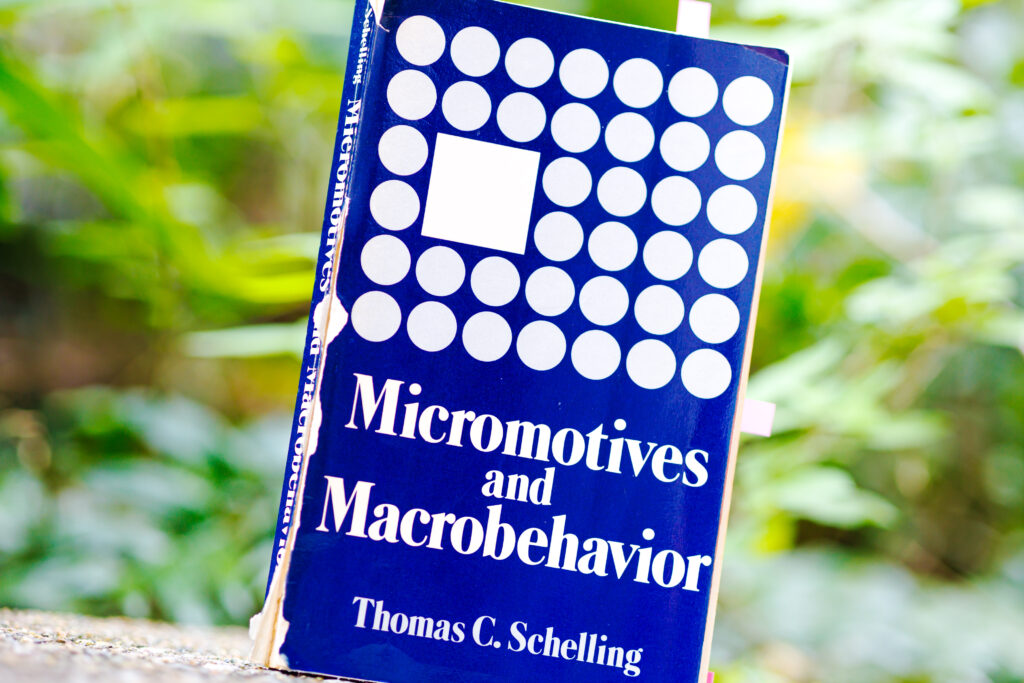
Professor Yosuke Takeda of the Faculty of Economics specializes in monetary policy—namely, the monetary policy of the Bank of Japan that is decided by nine board members in monetary policy committee (MPC), headed by the Governor. Here, Professor Takeda talks about need for evolutionary reforms in the policy-makings, and presents a theory of his on the issue.
The economic policies in general is comprised of two types of policies: fiscal policies that the Treasury carries out with the aims of stabilizing the economy and redistributing income, and monetary policies that in Japan the central bank – the Bank of Japan (BOJ) – pursues dual mandates of price stability and financial stability.
Monetary policy is decided by the MPC of BOJ, which consists of nine members who engage in discussions. They include the Governor and two Deputy Governors of the BOJ, as well as 6 members legitimately selected from financial intermediaries, nonfinancial firms, universities, and other institutions.
One of my research themes is on simultaneous evolution of Japan’s monetary policy and the financial system. While the policy-makings are decided through mutual voting within the MPC members, the decision processes still lack transparency, for instance in that the MPC meeting minutes are only released to the public 10 years after the fact, or political appointments of the MPC members are never subjected to popular reviews unlike for Supreme Court judges.
For the future of monetary policy based on transparency and democracy, it would be necessary to make some reforms to incorporate outside opinions from our academic community and elsewhere.
Rooms for improvements regarding national-treasury payment system

One area where reform will soon be required is the system regarding national-treasury payments. Currently, the BOJ pays surplus money (which is calculated by deducting necessary expenses and other payments from profits that have been obtained) to the Ministry of Finance (MOF) each year as a “national-treasury payment.”
The coffer system is premised on the idea that the BOJ will have surplus money. Therefore, if for some reason in the future the BOJ falls into the red due to a drop in the price of its financial bonds held, it will no longer be able to make the coffer payments. Under the current legal restriction, the Treasury is prohibited from directly compensating for the losses, based on a perspective of maintaining central bank independence of the BOJ.
Nevertheless, if it were to become possible for the MOF to compensate for the losses of the BOJ, it would become possible for the BOJ to make bolder purchases of assets as unconventional monetary measures than it currently can, which in turn the risk-takings of the BOJ with purchasing risky financial instruments and assets will enhance private risk-takings of financial investors via the financial markets in Japan. How beneficial would the reforms be, and what types of laws and systems should be put in place? These are the issues in my day-to-day research.
Seize the day, and even incredible ideas will come true someday
What I value as an economist is the opportunity to meet and speak with people working in a variety of fields. While research content can be learned from written papers and books, enthusiasm and seriousness regarding research itself are things that can only be developed through meeting the people involved. Whenever I encounter someone with eagerness to engage any research, the opportunity greatly stimulates my research interest, helping me to get in touch with new information and broaden the scope of my own ideas.
Even if one engages in research for many years, making predictions about economies in the future is not easy. Sometimes even incredible ideas become reality due to the changing of the times. If globalization continues on its current path, a day may come when there is the “global central bank” that connects financial markets worldwide. If this comes about, how will currency systems change, and how will power relations between nations be reflected?
The time that I spend ruminating about such ideas is fun for me. My fellow researchers often ask me, “How do you come up with such unique ideas?” and the phrase is the highest level of praise for me.
The book I recommend
“Micromotives and Macrobehavior”
by Thomas C. Schelling, W. W. Norton & Company, 1978.

The author Schelling is a Nobel laureate economist who has visualized the mechanisms of race-based residential segregation using pieces from the game Othello (Reversi). Reading this book in my university days got me interested in macroeconomics where ‘micro’ motives result in ‘macro’ behaviors, and is what led me to aspire to become an academic.
-
Yosuke Takeda
- Professor
Department of Economics
Faculty of Economics
- Professor
-
Graduated from Department of Economics, Faculty of Economics, University of Tokyo, then withdrew from the doctoral program of the Graduate School of Economics, Faculty of Economics, University of Tokyo after completing the course receiving his M.S. in economics. Served as visiting associate professor, Rutgers University, visiting research fellow, Yale University, Assistant Professor, Faculty of Economics, Sophia University, and so on, before taking up current position in 2005. He received the Economist Award in 2013 (Mainichi Shimbun), which was shared with Mr. Yasuhide Yajima.
- Department of Economics
Interviewed: October 2022